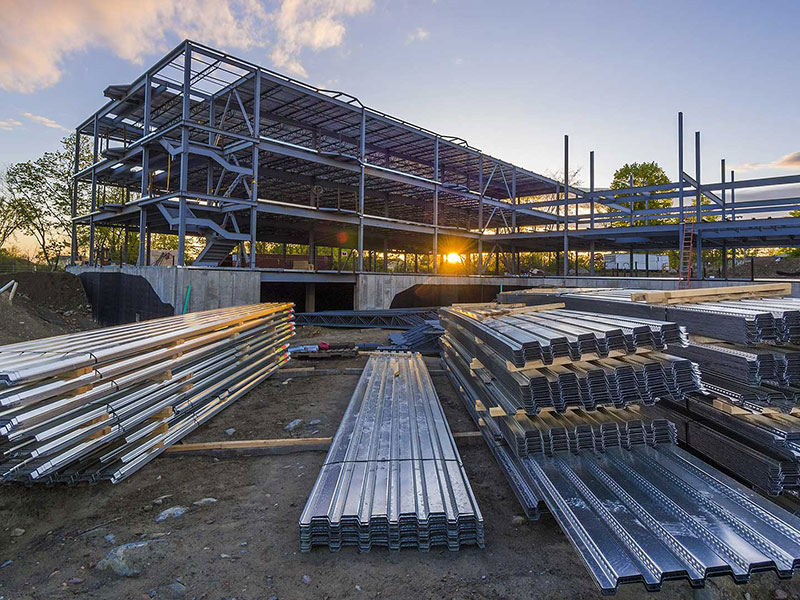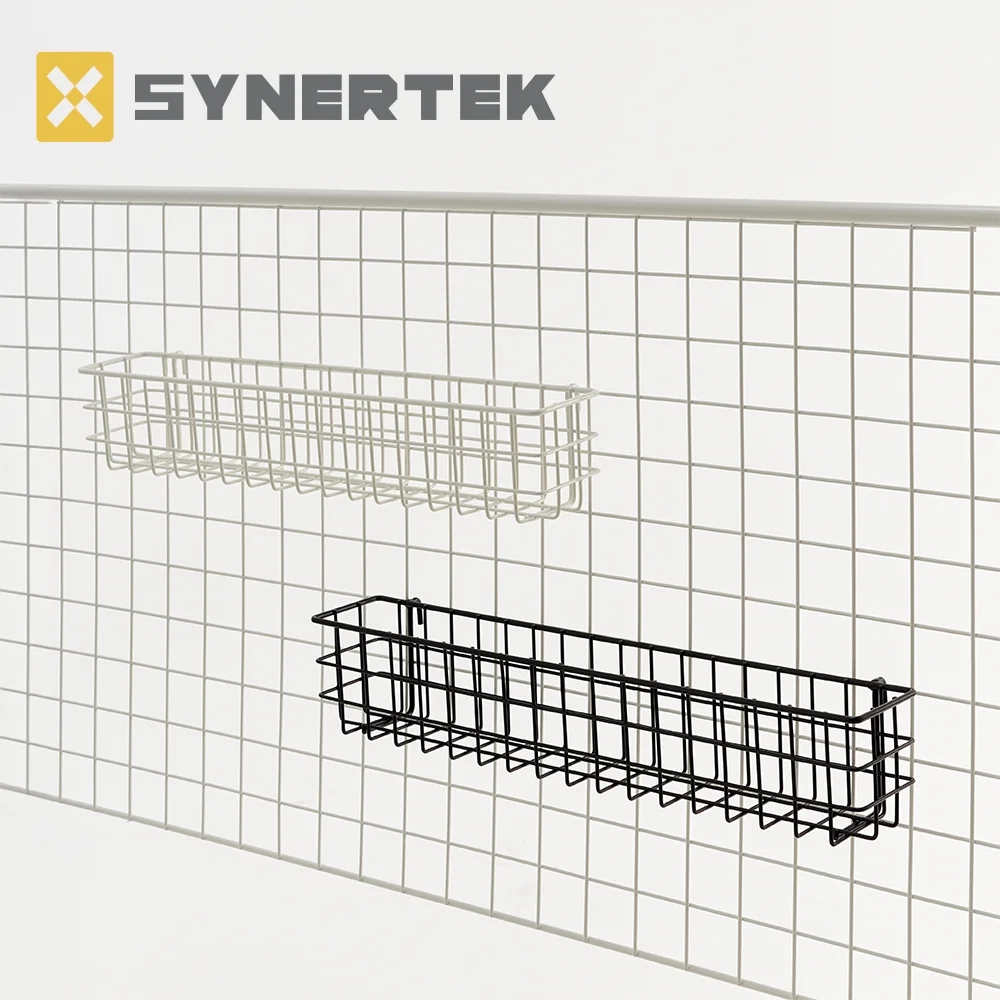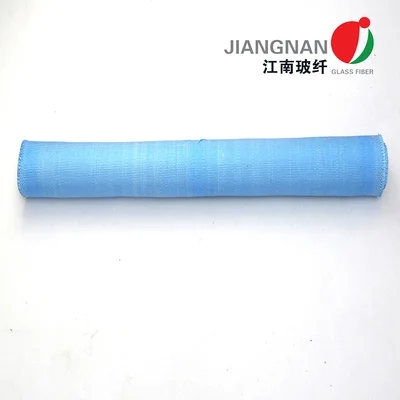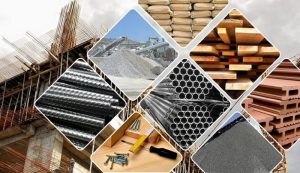Modern methods of construction (MMC) have gained significant traction in the construction industry due to their potential to enhance efficiency, reduce costs, and minimize environmental impact. However, it is crucial to acknowledge that these methods are not without their disadvantages. In this blog post, we will delve into the drawbacks of modern methods of construction, shedding light on the challenges and limitations that need to be considered.
- Limited Design Flexibility:
One of the primary drawbacks of modern methods of construction is the limited design flexibility they offer. MMC often relies on standardized components and modules, which can restrict the architectural creativity and uniqueness of a structure. This limitation can be particularly challenging for projects that require intricate designs or historical preservation. - Higher Initial Costs:
While modern methods of construction can potentially reduce overall construction costs in the long run, they often come with higher initial costs. The investment required for specialized equipment, factory setup, and training can be substantial, making it less feasible for smaller-scale projects or companies with limited resources. - Dependence on Skilled Labor:
Implementing modern methods of construction necessitates a skilled workforce proficient in the specific techniques and technologies involved. This reliance on skilled labor can pose challenges, as there may be a shortage of adequately trained workers in certain regions or industries. Additionally, the need for ongoing training and upskilling can add to the overall project costs. - Quality Control and Standardization:
Maintaining consistent quality across all components and modules is crucial in modern methods of construction. However, ensuring quality control and standardization can be more challenging when compared to traditional construction methods. Factors such as transportation, assembly, and on-site integration can introduce potential risks and variations in quality, requiring stringent monitoring and inspection protocols. - Limited Adaptability and Retrofitting:
Modern methods of construction often prioritize efficiency and speed, which can result in structures that are less adaptable to future modifications or retrofitting. As technologies and building requirements evolve, the ability to easily modify or upgrade a building becomes increasingly important. The limitations in adaptability can hinder the longevity and sustainability of structures constructed using MMC.
Conclusion:
While modern methods of construction offer numerous advantages, it is crucial to acknowledge their drawbacks as well. Limited design flexibility, higher initial costs, dependence on skilled labor, quality control challenges, and limited adaptability are among the key disadvantages. By understanding these limitations, stakeholders can make informed decisions and mitigate potential risks associated with the implementation of modern methods of construction.







+ There are no comments
Add yours